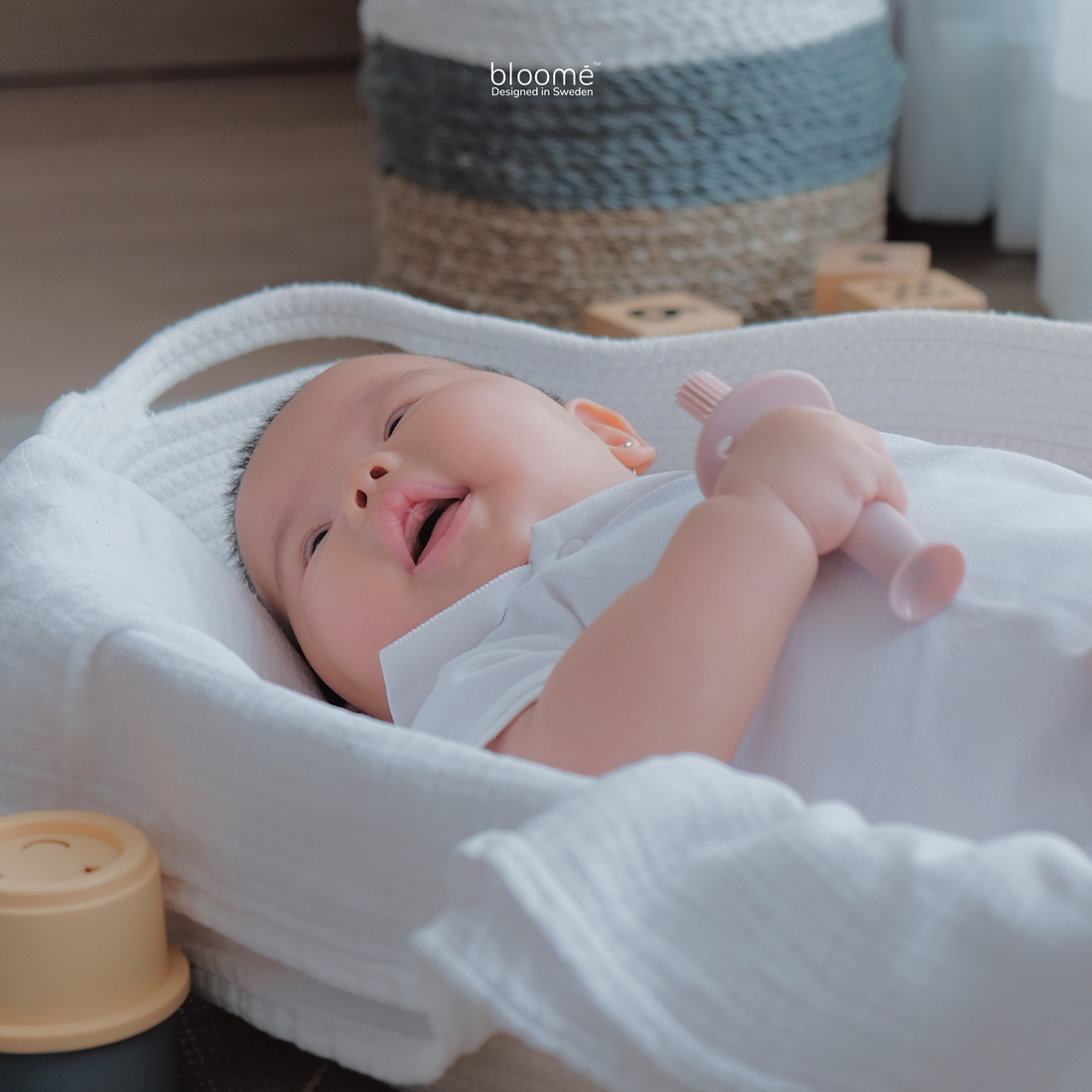When it comes to breast cancer risk, there are many factors to consider. One important aspect that often gets overlooked is the relationship between breastfeeding and breast cancer. Let's explore five important facts that you need to know about how breastfeeding can impact your risk of developing breast cancer.
Fact #1: Breastfeeding can reduce the risk of breast cancer
Research has shown that breastfeeding can have a protective effect against breast cancer. In fact, women who breastfeed their babies have been found to have a lower risk of developing breast cancer compared to those who do not breastfeed. This is because breastfeeding can help to reduce the number of menstrual cycles a woman has in her lifetime, which in turn can lower her exposure to hormones like estrogen that are known to fuel certain types of breast cancer.
Fact #2: The longer you breastfeed, the greater the protective effect
Not only does breastfeeding have a protective effect against breast cancer, but the duration of breastfeeding can also play a role in reducing your risk. Studies have shown that the longer a woman breastfeeds, the greater the protective effect against breast cancer. This means that breastfeeding for an extended period of time, such as six months to a year, can have even more benefits when it comes to reducing your risk of developing breast cancer.
Fact #3: Breastfeeding can have a cumulative effect on breast cancer risk
Each child a woman breastfeeds can contribute to the cumulative protective effect against breast cancer. This means that the more children a woman breastfeeds, the greater the overall reduction in her risk of developing breast cancer. So, if you have multiple children, breastfeeding each one can have a positive impact on your long-term breast health.
Fact #4: Breastfeeding can reduce the risk of both premenopausal and postmenopausal breast cancer
One of the remarkable aspects of breastfeeding's impact on breast cancer risk is that it can reduce the risk of both premenopausal and postmenopausal breast cancer. This means that regardless of your age, breastfeeding can still offer protective benefits against breast cancer. So, whether you are in your 20s or your 50s, breastfeeding can be a valuable tool in reducing your risk of developing breast cancer.
Fact #5: Breastfeeding is just one piece of the puzzle
While breastfeeding can play a significant role in reducing your risk of breast cancer, it is important to remember that it is just one piece of the puzzle. Maintaining a healthy lifestyle, staying physically active, and getting regular screenings are also crucial components of breast cancer prevention. By combining these factors with breastfeeding, you can further reduce your overall risk and promote better breast health.
